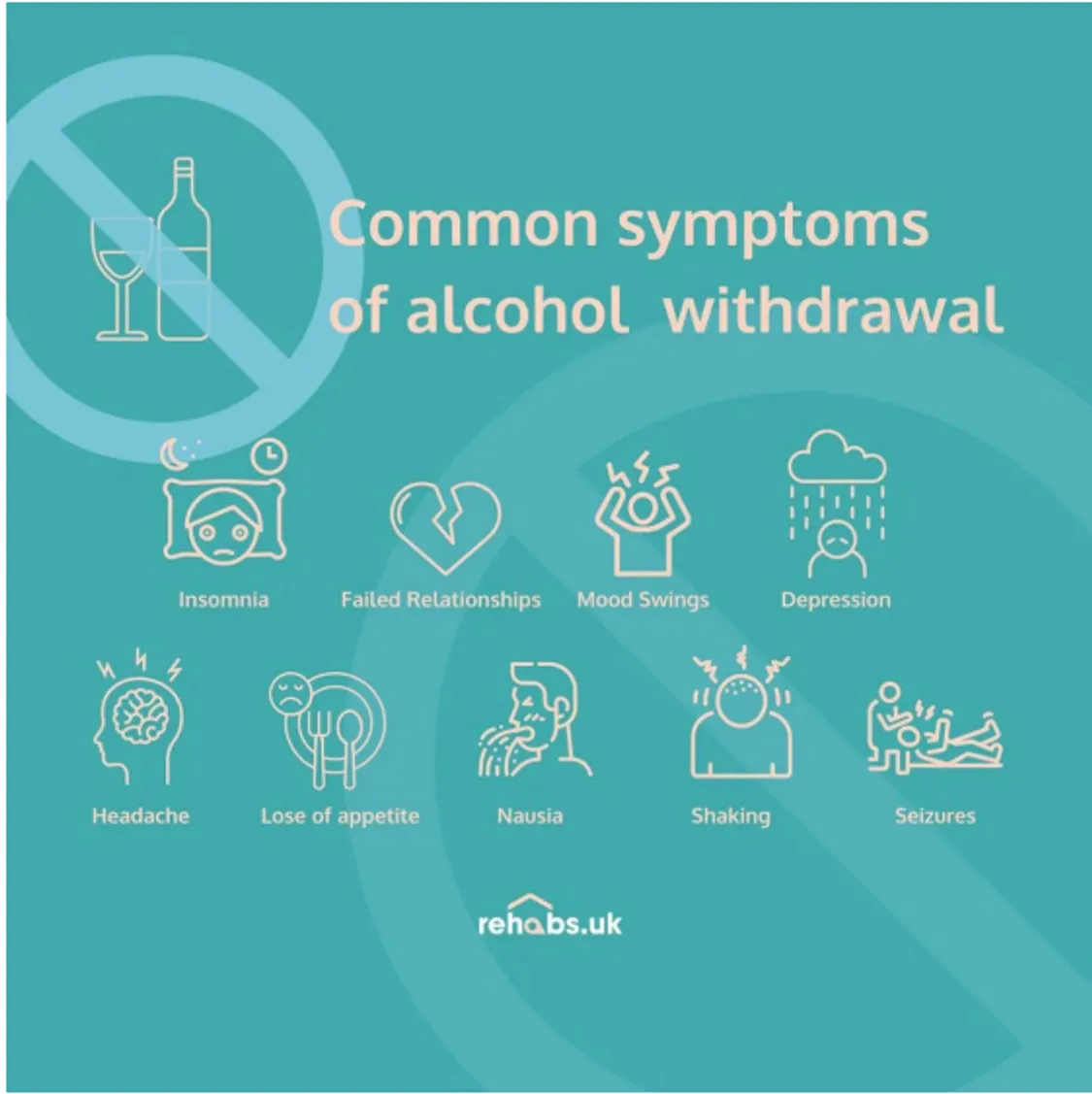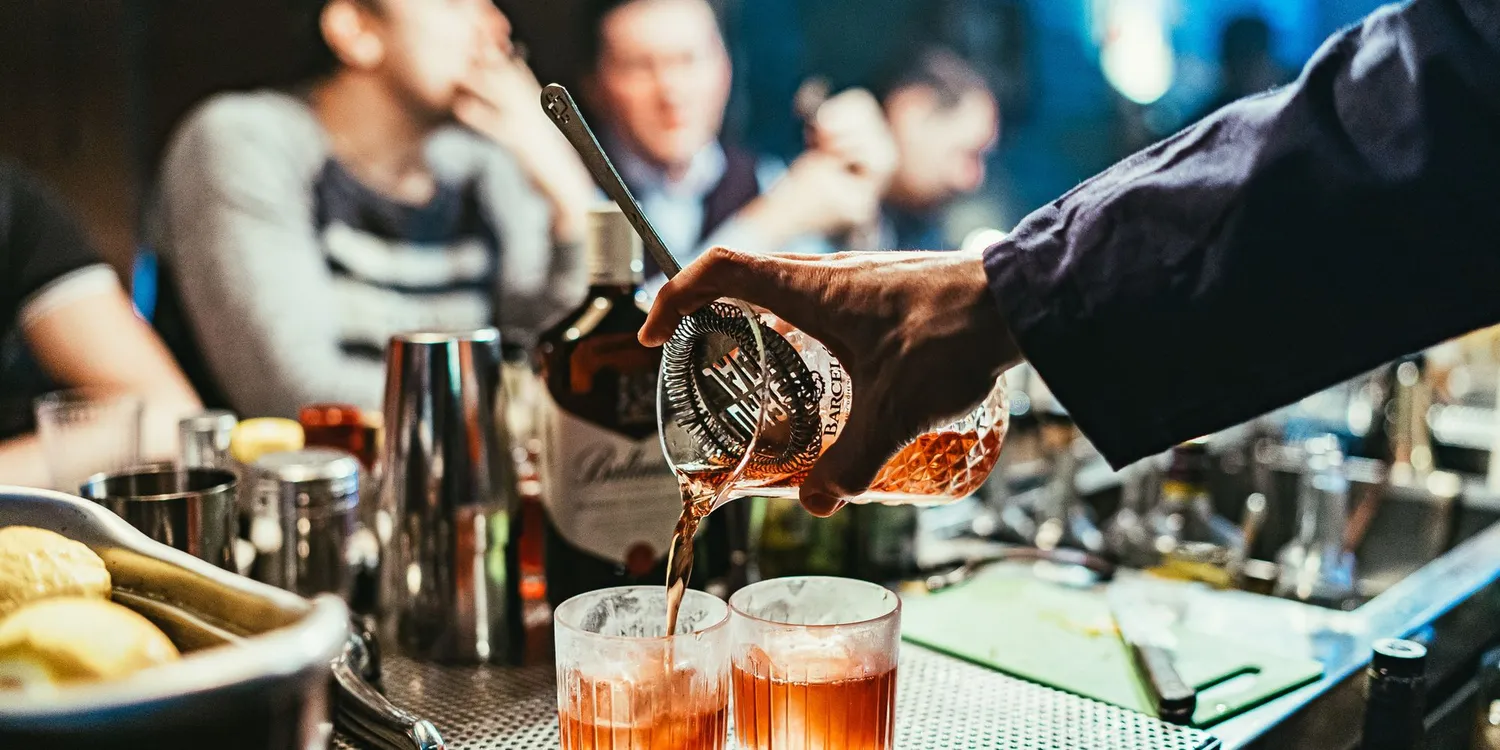03 Jan 2024
Events like Dry January and Go Sober for October have become increasingly popular in recent years, with an estimated 175,000 people, taking part in the last Dry January, and 1 in 6 UK adults kicking off 2024 with a plan to take a break from booze. Widely reported are the potential benefits of participation, such as improved sleep, better overall health, and cash savings.
But there are also a range of problems that come with these well-intentioned events, from the health risks of going cold turkey if you usually drink to excess, to the potential for problem drinkers to mistake their ability to take one month off as evidence that their problem doesn’t really exist. One recent survey even found that 15% of UK adults will pretend to have completed a sober month even if they’ve been drinking in secret.
The reality is that going sober for one month can create a false sense of security for those with a drinking problem, and quitting alcohol suddenly can cause a surprising degree of physical harm.
“Events like Dry January and Sober October don’t work for everyone because many people don't realise that they are drink dependent.” Rehabs UK founder and director, Lester Morse, says. “What a lot of people don’t know about withdrawing from alcohol is that there are serious dangers if you are drink dependent. In some cases, withdrawal can even result in death.”
According to the most recent government figures, in England alone there are at least 602,391 dependent drinkers, of which only 18% are getting treatment. “It doesn't necessarily take a huge amount of alcohol to cause dependency for some people.” Morse notes. “27% of drinkers in Great Britain binge drink on their heaviest drinking days, and for those in denial about dependency and addiction, a sudden bout of sobriety can actually cause withdrawal symptoms that span everything from insomnia and tremors to seizures and hallucinations.
“If you are a heavy drinker, giving up drinking for a month can bring benefits; more money, less hangovers, looking and feeling better, and so on. But if alcohol is costing you more than money - perhaps costing you relationships, jobs, friendships - you need to have a good, hard, honest look at your consumption. And if going dry leaves you shaking, feeling very nervous and losing your appetite, you may need to seek medical advice!”
The Illusion of Control
“You can complete a sober month, not drink for a full month, and still be an alcoholic.” Morse says.
One of the common signs of dependency and addiction is someone’s inability to control or stop drinking. But whereas some people will complete a dry month and progress into an ongoing reduction in their alcohol intake, others may complete that one month and then revert to problematic levels of alcohol consumption. “I could stop if I wanted to, I just don’t want to” is a phrase that may be all too familiar for friends and loved ones of dependent drinkers, and an individual’s ability to complete one sober month may be touted as ‘evidence’ that they are able to stop any time.
“One question is: if you could stop any time, if you really are in control of your drinking, why go back to old habits when the month is done?” Lester Morse asks. “Some individuals are quick to dismiss they have a drink dependency due to the popularity and normality of drinking alcohol in Western culture. 27% of drinkers in Great Britain binge drink on their heaviest drinking days (over 8 units for men and over 6 units for women) and it can be difficult for people to break away from that mould.”
“For people like myself, who are believers in abstinence recovery, the word recovery is more about being free from the mental obsession, not just physically not drinking or using.” Morse continues. “You can be physically not drinking or using for a period, but still be suffering from the mental obsession which will inevitably lead back to physically using.
“Temporary abstinence, or false confidence in someone’s ability to stop drinking and using, goes hand in hand with the false belief that if someone just stops drinking/using all will be ok! But unless the mental obsession is broken, physical sobriety is impossible.”
The Risks of Going Cold Turkey

Understanding the risks of going cold turkey from alcohol is essential, especially for those who have been heavy drinkers. Alcohol functions as a depressant on the central nervous system, which means it reduces brain activity. Over time, the body becomes accustomed to the presence of alcohol.
However, if someone who is alcohol-dependent abruptly stops drinking, their central nervous system can react by becoming overactive. This sudden shift can lead to several withdrawal symptoms, which vary in severity and can, in extreme cases, be life-threatening.
The common symptoms of withdrawal include:
- seizures (fits)
- hand tremors (‘the shakes’)
- sweating
- seeing things that are not actually real (visual hallucinations)
- depression
- anxiety
- difficulty sleeping (insomnia)
Given these risks, it's crucial for anyone facing alcohol dependency not to attempt to stop drinking suddenly. Instead, reaching out to healthcare professionals for support and guidance is key. Morse notes: “Safely withdrawing from alcohol often requires a structured approach, tailored to your individual needs, and supervised by medical experts. This ensures not only your safety but also increases the chances of a successful recovery.”
“If you have crossed the line into alcohol dependency - and you don’t have to be an alcoholic to become physically dependent on alcohol - don’t attempt to stop drinking all of a sudden. This can lead to seizures and in some cases death. If you have any doubts, seek medical advice before stopping.”
Reflecting on sober months
Sober months are gaining popularity as a health trend, and can raise awareness about our relationship with alcohol. However, the benefits can be short-lived if you revert to your regular drinking habits once the month ends. For those unknowingly struggling with alcohol dependency, participating in a sober month might pose health risks, such as withdrawal symptoms, if they abruptly stop drinking.
“During Sober October we had a couple of clients who had set themselves the challenge of completing a month of sobriety. Although they succeeded in managing to abstain for the month it became very apparent that as soon as the month ended, they started drinking again. They did not access treatment of any kind during this time so when they “relapsed” they drank more, which sent them into an alcoholic state quicker. This reflected in their physical health, as their diet became predominantly liquid and so they became malnourished. One client even had a seizure from drinking too much and had borderline alcohol poisoning.
“On the other hand, we have also had clients that cannot make the whole month due to withdrawal being so difficult without medical and psychological support. This is part of why it's important to seek professional help.”
If you find it challenging to complete a sober month, it's worth considering what this might indicate about your drinking habits. Lester Morse says: “If you cannot control your drinking by stopping or moderating when you want to, you may have a more serious drinking problem requiring extra help!" Should you suspect alcohol dependency or experience withdrawal symptoms during a sober month, it's crucial to seek medical advice.
Remember, when it comes to overcoming addiction, it's always best not to go it alone.
Here to help
If you or someone you know is struggling with addiction, Rehabs UK is here to help. Rehabs UK is committed to continuing to support those battling alcoholism, drug addictions and behavioural addictions. To access free assessments with trained treatment advisors, contact Rehabs UK.
